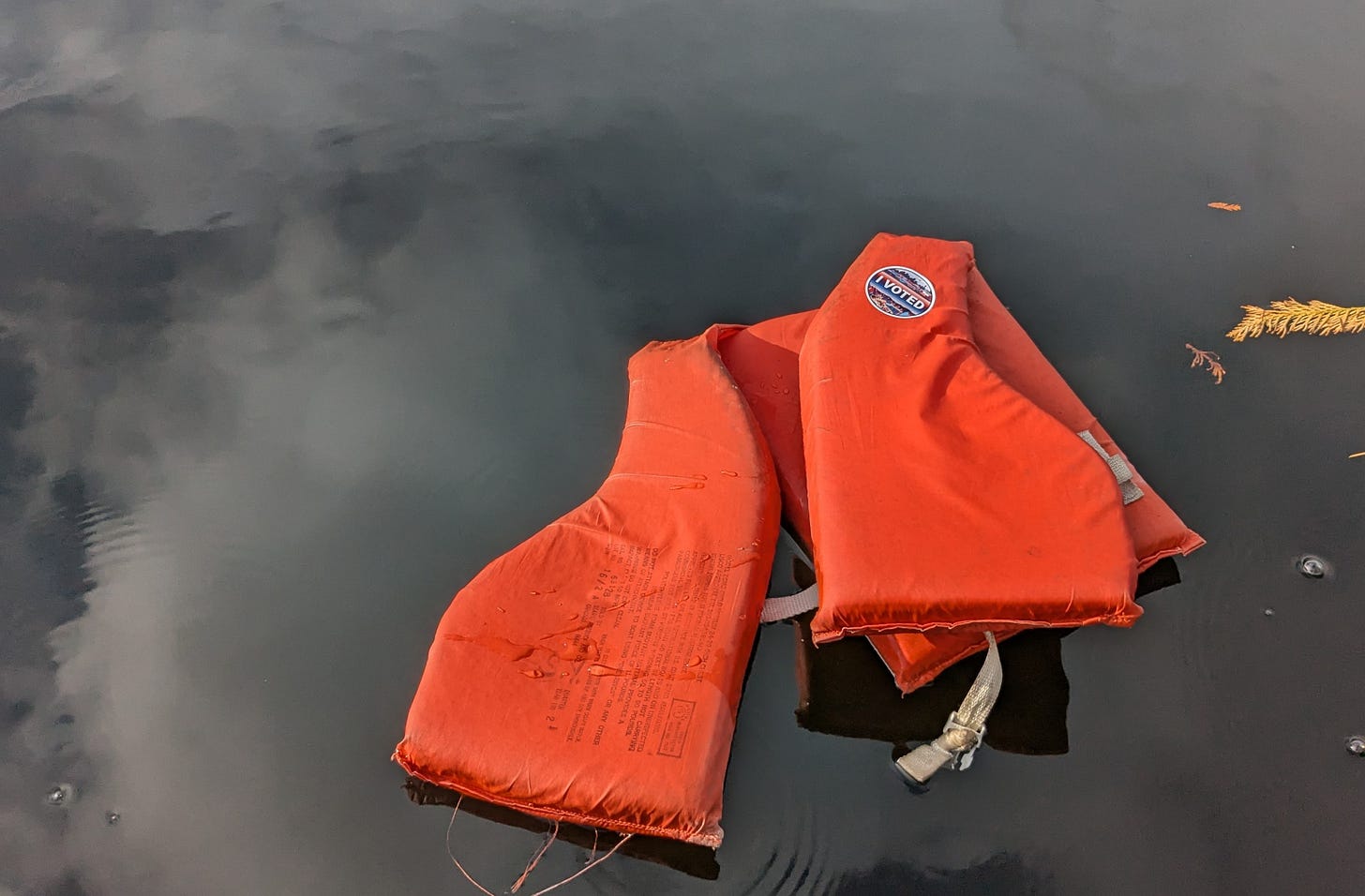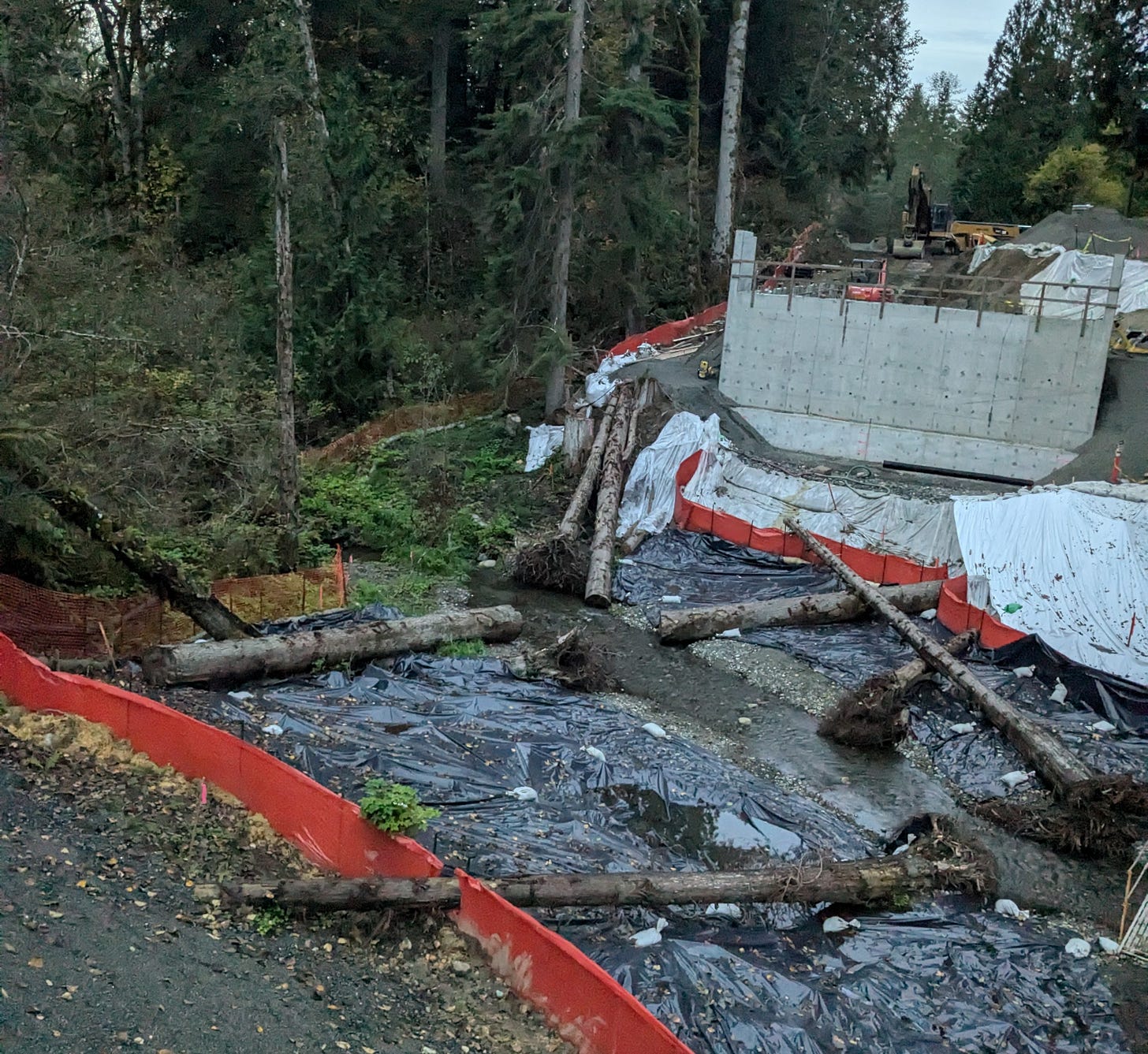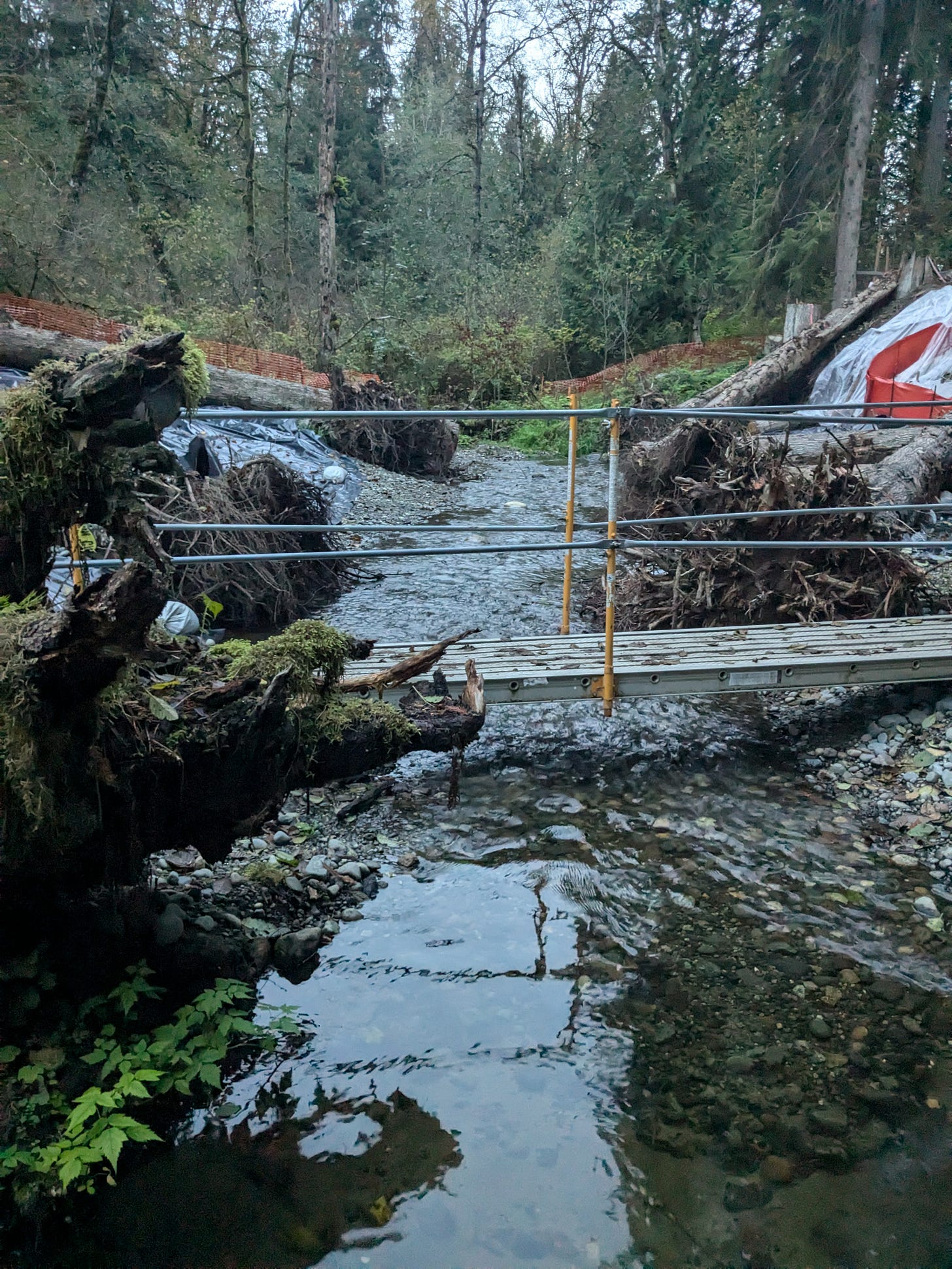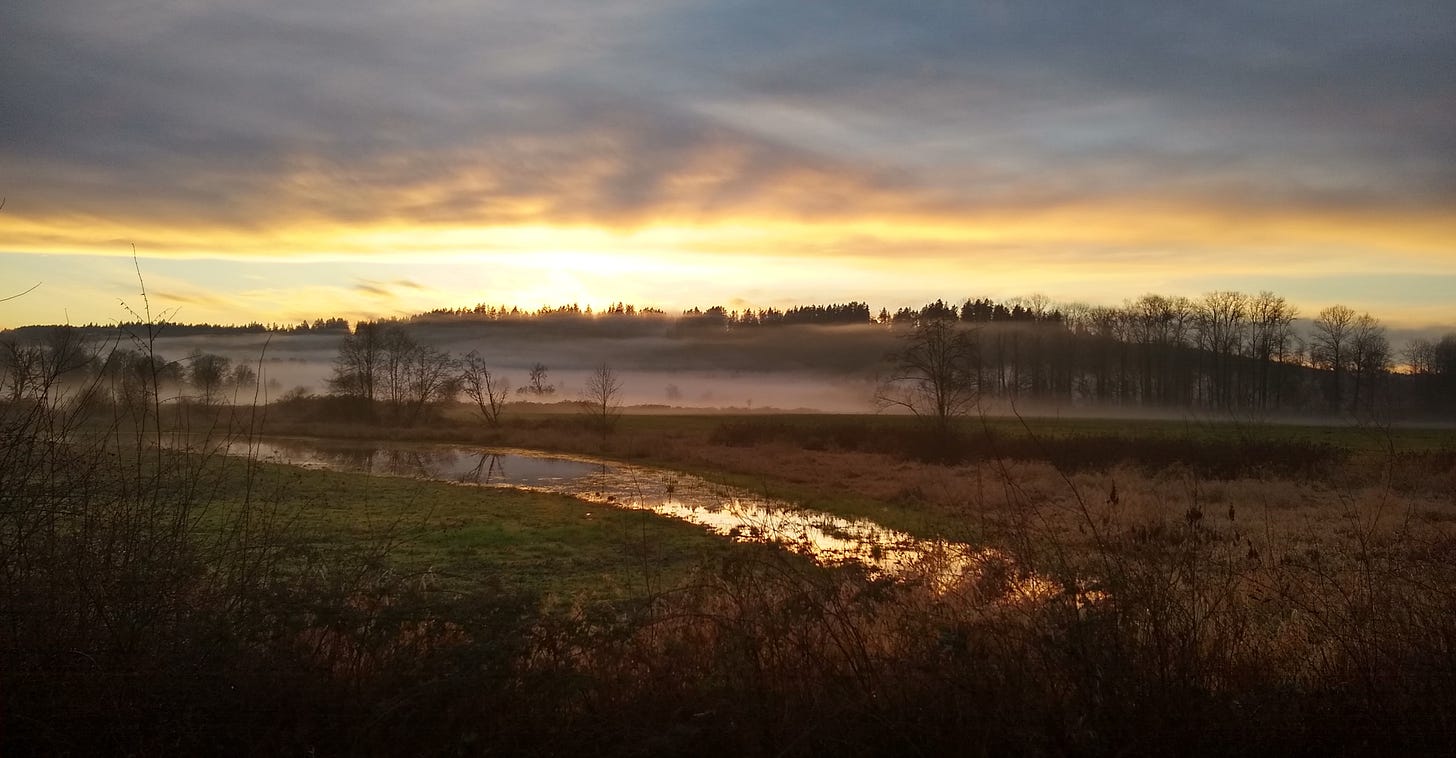Building Bridges
After Tearing Them Down
Once upon a time I knew a woman named Southeast. She had Cherokee cheekbones, wary blue eyes and short blond hair. Southeast grew up in a Pentecostal church, somewhere in Appalachia, where they regularly gave themselves over to shaking with the holy spirit and speaking in tongues.
Southeast had the gift of song. She told me how, after services, or during potlucks, or tent revivals full of hundreds of strangers, she would feel pulled to a particular person. “Can I sing to you,” she’d ask. They’d always say yes. Then she would sing them a song she’d never heard before. It was their song. What they needed in that moment right then.
“That sounds magical,” I said.
“I don’t do it anymore,” she said. “They always cried.”
“But weren’t they crying from being seen? From feeling God speaking to them?”
“I guess.”
Southeast also had the gift of sight. Before I went to Nicaragua, in 1987, I asked if she could see anything that might happen to me while I was in the country. It was the middle of the Contra War. An American engineer had just been killed by Contra Rebels, who were funded by the Reagan administration to ‘fight communism,’ because he was bringing electricity to a poor area in the mountains. I was going to help build a school.
“I don’t see anything specific,” she said, her eyes shifting between unfocused and studying me. “But whatever happens, it’ll be good for you.”
“Okay.”
“Like, even if you die, it’ll be good for you.”
I could tell from how I felt when she said it that she was right.
One of the bridges on the road I usually take to Carnation is missing. I used to cross this bridge every couple of days, for walks with Sparks on one of the many trails in the Snoqualmie Valley.
Without this bridge, the trip takes twice as long. 40 minutes to Carnation and back. Longer to anywhere else in the Valley. So I only go on Tuesdays, and then just to Carnation, where I buy raw milk from the IGA.
The bridge that used to be there was built a hundred years ago. There were signs on either side warning “Narrow bridge ahead.” This was never a problem in a Prius. You had to pay attention, though, when there were logging trucks around.
What with the timber piles for the bridge, the originals, starting to decay, the deck weakening, and money from the Infrastructure Bill easing our County’s budget, I guess they figured it was time.
Each Tuesday, for five months now, when I’ve had to turn left, instead of right, to go to Carnation, I’ve wanted to go look at the construction, just to see it. I never felt like I had the time, though. I was always coming off one kind of work and heading into another, fitting in a walk for Sparks along with shopping, and rushing to beat the weather, whether it was heat or rain.
Thursday evening, three nights ago, Sparks stood a few feet away from me, staring at me while I was trying to write. We’d gone for a long walk in the morning in the woods near my house. It was 6 pm. She’d eaten supper. “What do you want?” I asked. She stared, waiting for me to read her mind.
“Okay, okay!” I finally relented. “We’ll go.”
I took her to the bridge.
We wound our way past the barriers designed to keep people like me from entering. We walked past the dumpster full of broken concrete, the stacks of concrete slabs, the sections of trees that had been cut down to make room for the construction. The logs were lined up and marked like they’d already been assigned a new home stabilizing the banks of the creek.
As we poked around the construction site and the creek, I kept hearing cars, like ghosts of bridge traffic. They were driving through an intersection just down the road. I could picture it as if it was right in front of me. I’ve driven through that intersection thousands of times. The new (less than 30 years old!) housing development on the right. The road to Duvall on the left. The road to Carnation straight ahead. The way the guardrail is bent on the left side of the road.
Each vehicle pulled my thoughts that way, and on down the road cut off from me. I hadn’t been paying attention to how much I missed the Snoqualmie Valley. The sounds felt like nerve signals from a part of my body that had become detached. The farms in the Valley are part of me. The cattle. The flowers. The barns. The River. The rain that falls around my house drains into Ames lake, then Ames Creek, then into bigger and bigger streams until it joins the Snoqualmie River, then the Snohomish River, which carries the water the rest of the way to the sea. That’s my circulatory system right there. That’s my breath.
We talk about burning bridges. We talk about polarization and schisms in communication. About us vs them. In five months, give or take, when they finish rebuilding this bridge, I’ll be mere moments away from the Snoqualmie Valley again. This schism in my body will be healed.
In just over a week we’ll all have finished voting. When I send my awareness through my nervous system into the energetic mycelial network of this country, I feel bridges reaching across all of the chasms. I feel hope. I feel wholeness. My faith in humanity tells me this means we’ve already turned the corner away from hate.
I’m holding space for that, but I’m not holding my breath.
The things is, no matter what happens, it’ll be good for us. Right? As long as we’re still willing to grow.




